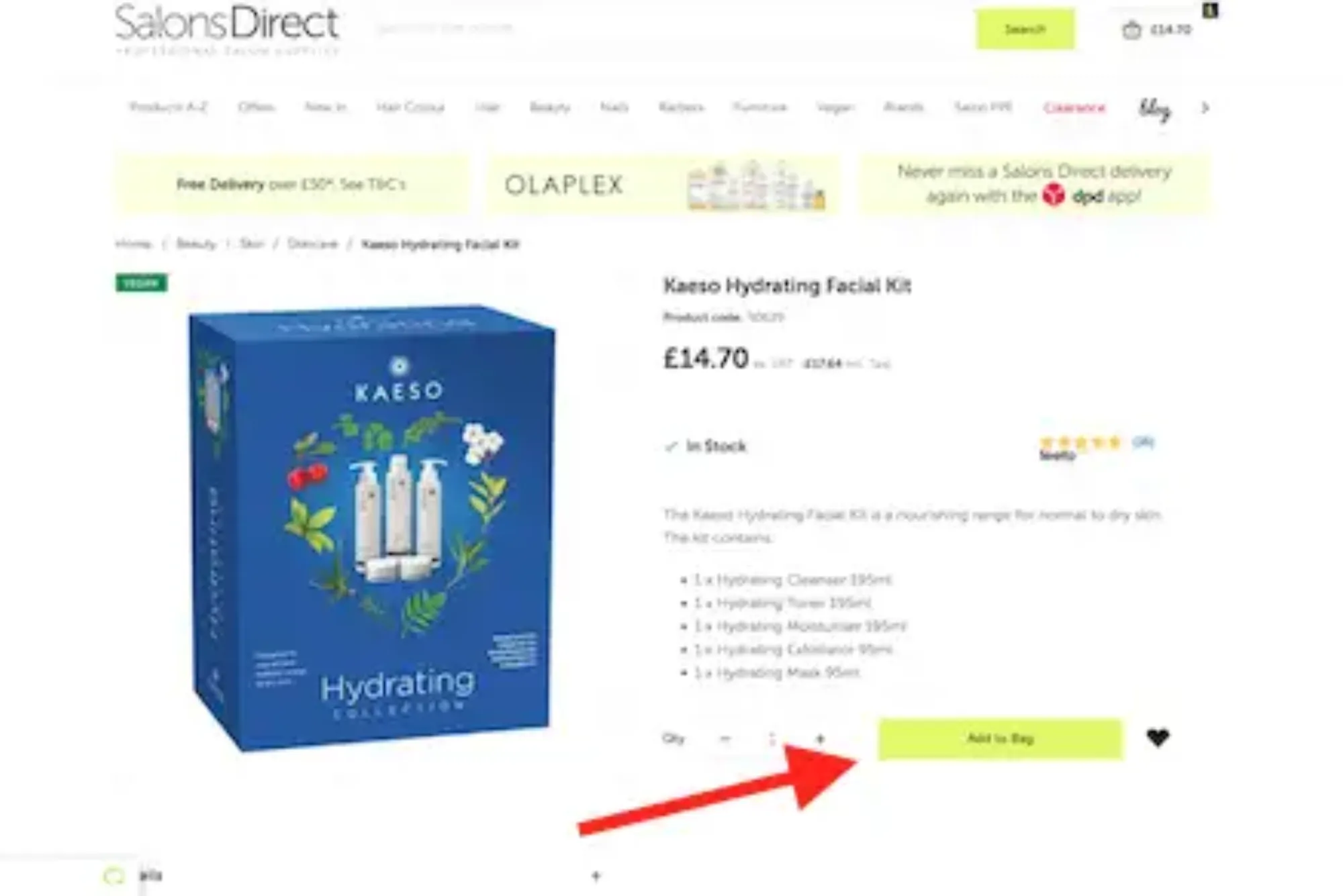When you play at UK online casinos, one of the most important terms you’ll encounter is RTP — or Return to Player. It’s more than just a number you see next to a game; it’s a key indicator of how much you can expect to win back over time. Yet, many players overlook it, focusing instead on flashy themes or bonus rounds. Understanding RTP can completely change how you approach your gameplay — and even help you choose the best online casinos UK has to offer.
In this article, we’ll explore what RTP really means, how it’s calculated, and how you can use it to make smarter gaming decisions. We’ll also touch on why RTP isn’t everything, and how factors like volatility, regulation, and game providers also play a role in your chances of winning.
Understanding the Meaning of RTP
RTP stands for Return to Player, and it represents the percentage of all wagered money a game is expected to pay back to players over a long period of time. For example, if a slot game has an RTP of 96%, it means that, on average, it will pay back £96 for every £100 wagered.
But here’s where many players misunderstand RTP — it doesn’t guarantee you’ll get 96% of your money back each time you play. RTP is based on millions of simulated spins or game rounds, so your individual results will always vary in the short term. Sometimes you’ll win more, sometimes less — but over time, RTP balances out to reflect that statistical average.
Why RTP Matters for UK Players
For players in the UK, RTP is more than just a curiosity. It’s a measure of fairness and transparency. The UK Gambling Commission (UKGC) requires licensed casinos to display RTP values clearly and to ensure their games are regularly tested by independent agencies like eCOGRA or iTech Labs.
This means that when you play at best online casinos UK players recommend — ones licensed by the UKGC — you can trust that the games are fair and not rigged. The RTP values listed are accurate, verified, and legally monitored.
In contrast, offshore or unlicensed casinos might not offer the same guarantees. Their RTP figures may not be verified, and players have little recourse if the games aren’t paying out as expected. That’s why it’s always wise to stick with reputable, UK-licensed operators.
How RTP Is Calculated
RTP isn’t pulled out of thin air. It’s derived from complex mathematical simulations run by the game developers. Each game has an algorithm — known as a Random Number Generator (RNG) — that determines every outcome. Developers run millions or even billions of test rounds to simulate real-world play, then calculate how much is returned to players versus how much is retained by the casino.
For example, in a slot with a 96% RTP:
-
Over 10 million spins, total wagers might reach £10 million.
-
The total payouts to players would then amount to £9.6 million.
-
The casino retains £400,000 as its house edge.
The house edge is simply 100% minus the RTP — in this case, 4%. That’s how casinos make their profit while still offering a fair chance to win.
RTP vs. Volatility: The Real Difference
While RTP gives you an idea of how generous a game is over time, volatility (or variance) describes how that generosity is distributed. A slot with high volatility might have an RTP of 96%, but the wins are less frequent — when they come, they’re often large. On the other hand, a low-volatility slot might give smaller, more consistent wins but rarely produce big payouts.
Smart players at UK online casinos often balance these two factors. If you’re playing for longer sessions and want steady entertainment, a lower-volatility slot with a decent RTP is ideal. But if you’re chasing big wins and don’t mind the risk, high-volatility games might be your style — just remember that RTP alone doesn’t tell the full story.
Average RTP Rates at UK Online Casinos
Most regulated UK online slots feature RTPs ranging from 94% to 97%. Here’s a rough breakdown:
-
Classic slots: 94%–96%
-
Video slots: 95%–97%
-
Table games: 97%–99% (for blackjack, baccarat, or roulette, depending on the rules)
Games like blackjack tend to have some of the highest RTPs because skill can influence outcomes. For example, basic strategy blackjack can have an RTP close to 99.5%, meaning the casino’s edge is only about 0.5%.
This is why experienced players often gravitate toward table games rather than pure luck-based slots — they offer a better return over time, especially when played strategically.
How RTP Influences Your Casino Strategy
Understanding RTP can genuinely shape how you play. If you’re a casual player, you might prioritize games with higher RTPs to get more value from your money. For example, instead of playing a slot with 94% RTP, choosing one with 97% could theoretically stretch your balance longer — especially over extended sessions.
However, chasing RTP isn’t everything. Some players find that their enjoyment comes more from game design, bonus features, or jackpots rather than strict return percentages. Progressive jackpot slots often have lower RTPs (sometimes 91–93%) because a portion of every bet contributes to the big prize pool. Yet players still love them for the excitement of potentially life-changing wins.
So while RTP should influence your choices, it shouldn’t dictate them completely. A balanced approach — mixing high RTP games with exciting bonus slots — keeps your gameplay both rewarding and entertaining.
Checking RTP Values at the Best Online Casinos UK
If you’re wondering where to find accurate RTP data, reputable UK casinos make it easy. Sites like Betway, 888casino, and LeoVegas publish game details, including RTP percentages, directly on their platforms. You can usually find this information in the game’s “info” or “help” section, or on the developer’s official website.
The best online casinos UK players trust don’t just share RTP figures — they maintain transparency about game fairness and RNG certification. Many also include “payout reports” showing aggregated RTP results across all games, independently verified by auditors.
If a casino doesn’t provide this information or hides it deep in the fine print, that’s a red flag. Always play where transparency and regulation are front and center.
Real-World Example: How RTP Affects Payouts
Let’s take a practical example. Suppose you’re playing a slot called Starburst, which has an RTP of 96.09%. If you wager £1 per spin for 1,000 spins, you’re theoretically betting £1,000 in total. Based on the RTP, you might expect to get back around £960 — though in reality, you could end up higher or lower, depending on short-term luck.
Now compare that to a slot with 94% RTP. The same £1,000 wagered could return around £940 on average — a £20 difference. It may not seem much, but over months of play, those small percentage points can significantly impact your bankroll.
That’s why savvy players always check RTP before they start spinning — it’s one of the simplest ways to play smarter.
The Role of Game Providers and RTP Settings
One thing many players don’t realize is that some slot developers offer different RTP versions of the same game. For example, Play’n GO, Pragmatic Play, and NetEnt sometimes release slots in 94%, 96%, and even 97% versions.
Casinos choose which version to host — so two UK casinos could feature the same game, but with slightly different RTPs. This makes choosing where to play even more important. The best online casinos UK typically opt for the higher RTP versions to offer more value to their players.
When comparing casinos, check the RTP version listed in each game’s info tab. Even a 1% difference can affect your long-term returns.
RTP and Regulation in the UK Gambling Market
In the UK, fairness and transparency are tightly regulated. The UK Gambling Commission enforces strict rules on RTP reporting, ensuring players have access to accurate and consistent information. Licensed operators must display the theoretical RTP for every game, ensure the RNGs are tested, and regularly submit audit reports.
This regulation is part of what makes the UK one of the safest online gambling markets globally. When you play at a UK-licensed site, you’re protected by consumer rights laws, dispute resolution processes, and data security standards.
Final Thoughts: Using RTP to Your Advantage
At the end of the day, RTP is a valuable tool — not a guarantee. It helps you understand the long-term value of a game, compare casinos intelligently, and manage your bankroll more effectively. But it’s also important to remember that gambling is meant to be fun, not a predictable investment.
When you play at the best online casinos UK players recommend, you can be confident that the RTPs are fair, the games are certified, and your winnings are paid promptly. Combine that with responsible gaming habits and a bit of luck, and you’ll enjoy the best possible online casino experience.









